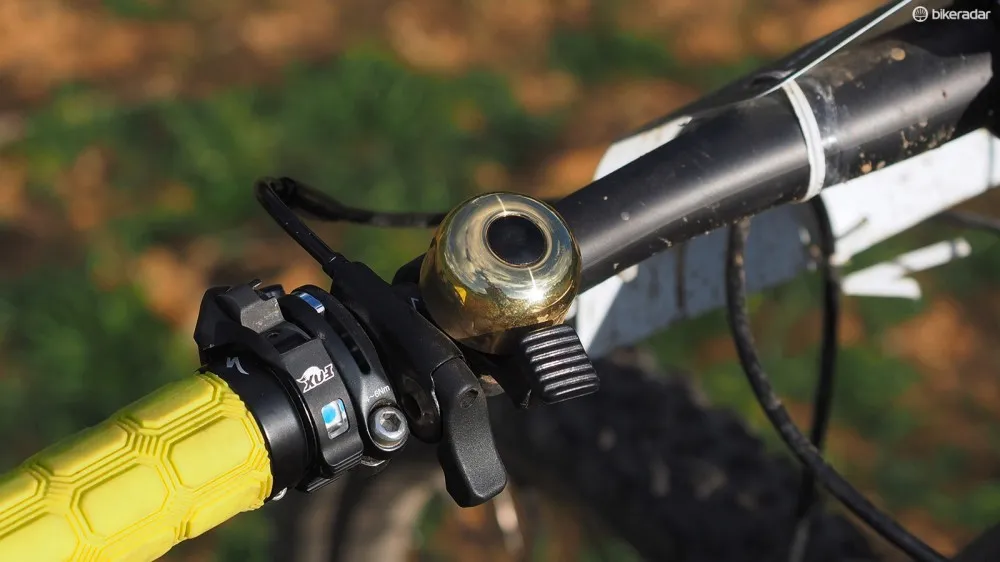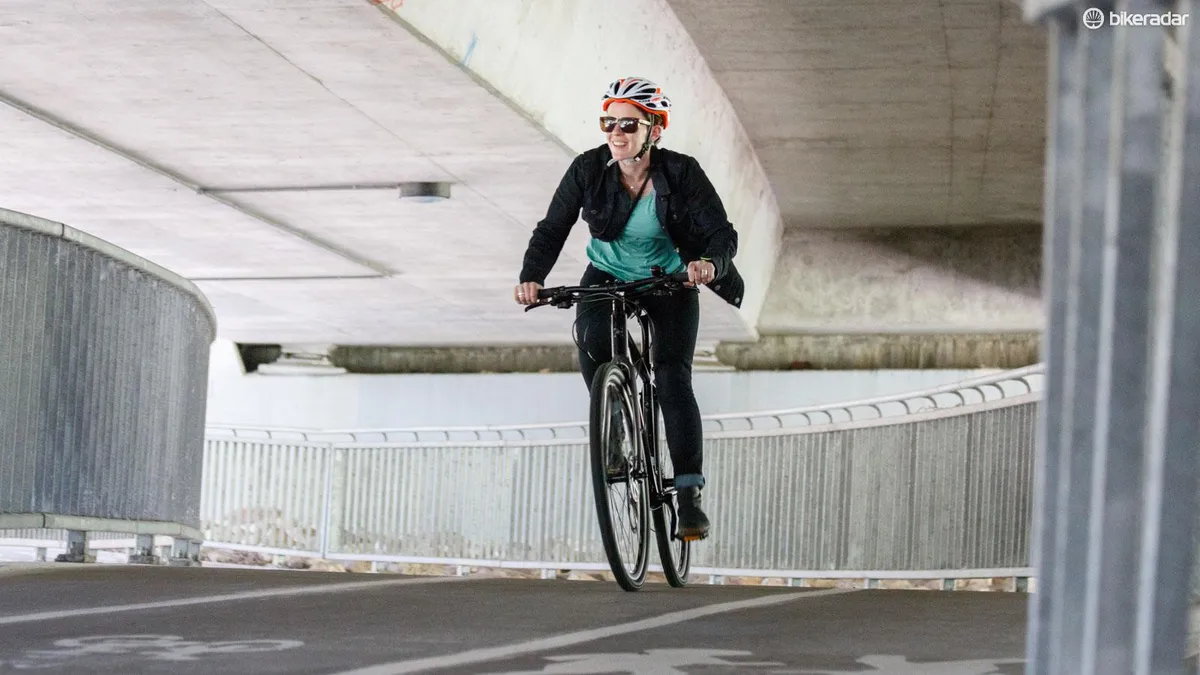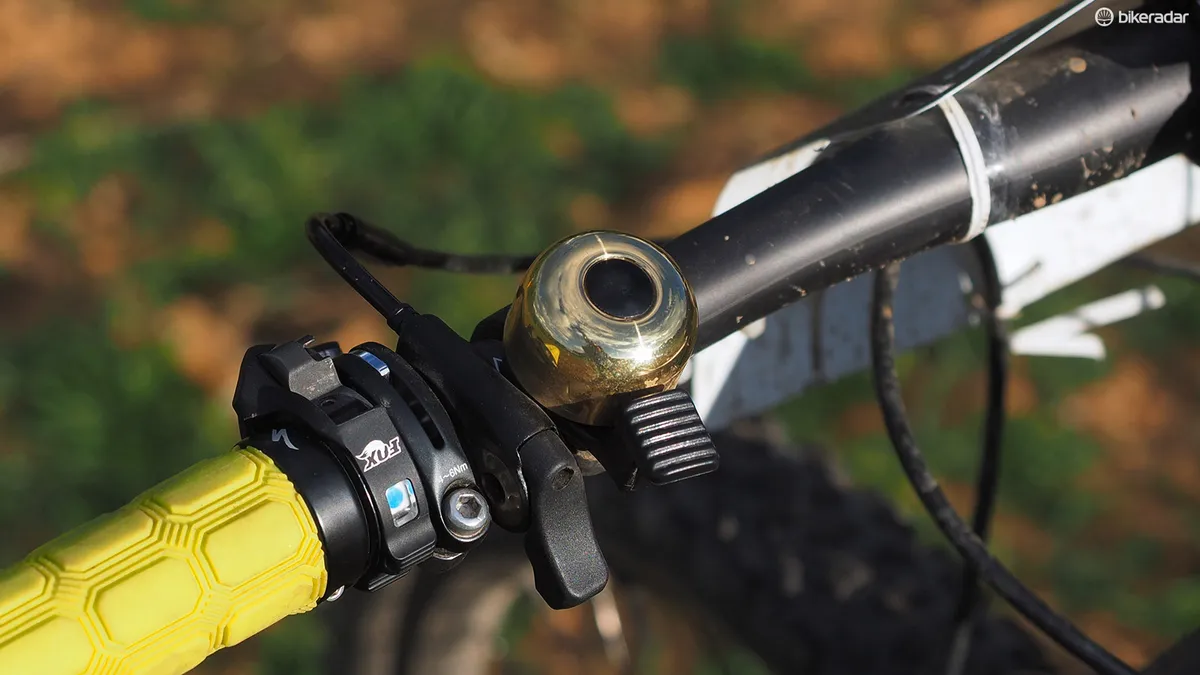As of today (March 1, 2016), the controversial new cycling laws come into effect in New South Wales. While it seems that despite the public outrage and many calls for the Baird Government to produce the claimed research for passing these laws, the new legislations are going ahead as planned.
These laws affect every cyclist in the State, whether you’re just rolling down to the beach, or riding 150km on the weekend. Here are five things to know about the new laws.
A Metre Matters
Close passes are never a nice experience and can leave a rider rattled (or far worse), fortunately now they’re illegal. Drivers must now provide one metre of space when passing when the speed limit is 60kph or below and 1.5 metres when the speed limit is above 60 kph.
Drivers are also now permitted to cross centre lines when safe to do so, allowing for the wide berth.
With the advent of the Fly6 and other compact HD action cameras, many riders are using video cameras to document their rides and close calls with cars. When asked if such video footage is an acceptable form of evidence, NSW Police declined to comment.
Riders are also encouraged to give a meter when passing pedestrians on a shared path where possible.
Drivers who pass too close will receive a $319 fine and a penalty of two demerit points. However a driver who passes too close to a cyclist and causes a crash leading to harm or death could be charged with negligent or dangerous driving and face imprisonment.
Photo ID
As part of the new legislation any cyclist over the age of 18 will be required to carry an ID as of March 2017.
While many riders already do so, the Centre for Road Safety website says, “Bicycle riders will be able to produce an image of their photo ID, on a mobile phone or electronic device. The photo must be a clear and accurate photo of the acceptable ID that includes all identification details and any change of address information.”
However, the NSW Police told BikeRadar, “When investigating any offence the acceptance of any form of identification is always a matter for individual officers. The officer must satisfy themselves of the identification of a person prior to taking any action.”
According to the Transport NSW website the accepted forms of ID include a driver's licence or a NSW Photo Card.
International visitors can provide police officers with a passport, or a licence issued from their home country, provided it is written in English, or is accompanied by an English translation.
While some uncertainty remains over the exact conditions, it’s worth knowing that this particular law only comes into effect in 2017.
Fines

Ding ding, you may be fined for not having a bell on your bike. It was always the law, but it seems Police are now cracking down
The most publicised aspect of this new legislation has been the massive increase in fines, with some up by as much as 500-percent.
While all of these offences used to incur a standard $71 fine, now not stopping at a pedestrian crossing, ‘riding furiously, recklessly or negligently’, or running a red light will cost $425.
Riding without a helmet or holding onto a moving vehicle will now cost $319, and the fine for all other cycling offences like not having a bell or similar warning device will rise to $106.
Related: AngryAsian: Hey ding-a-ling, use a bell
It’s worth noting that road rule 258 says, “A person must not ride a bicycle that does not have: (a) at least 1 effective brake, and (b) a bell, horn, or similar warning device, in working order.”
The law does not state exactly where the bell needs to be mounted, and the cheeky among us have suggested around a hub or under your seat is a great spot. While we’re not particularly happy about this part of the legislation, thankfully the Spur Cycle Bell is one sexy option.
Wear a helmet
Under Road Rule 258 cyclist are required to wear an approved Australian Standards helmet. Compulsory helmet legislations are not new in Australia, but the consequences for not wearing one have drastically increased from $71 to $319.
Related: Do I need to wear an Australian standards helmet?
Also remember, if you’re caught wearing a CE or CPSC approved helmet, in the eyes of the law you may as well not be wearing one at all. So make sure your lid has a AUS/NZS 2063:2008 sticker inside.
Be polite!
If you are pulled over for an offence, be polite. Police officers are just doing their job and these fines like any traffic offence are discretionary. Manners cost nothing, in fact they may save you somewhere around $400.
If you are issued a fine, you are allowed to see your day in court if you genuinely think you’ve done nothing wrong, but, do your research and be prepared to defend yourself with a sound argument. If you were caught running a red light or something of the like, pay the fine and accept that you broke the law.


